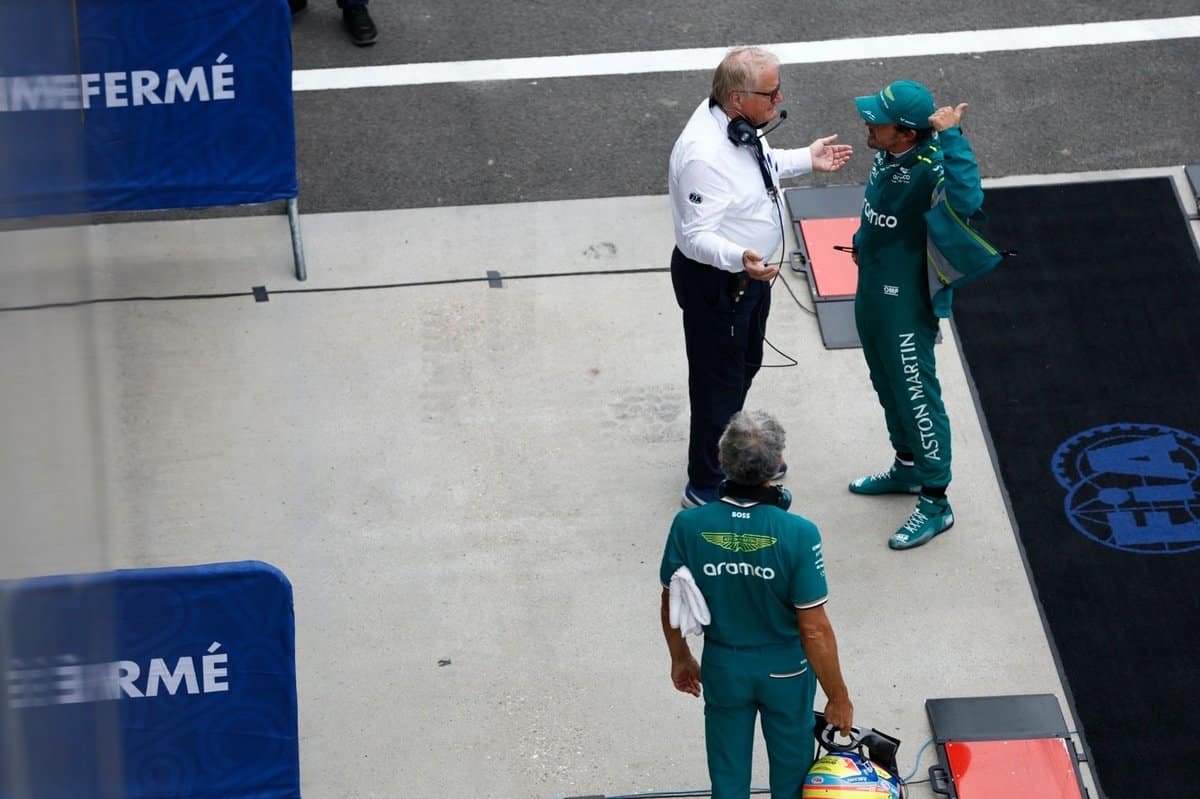Bernie Collins recently appeared as a guest on the James Allen on F1 podcast, offering her insights on McLaren’s strategic decisions. Collins emphasized the need for the team to streamline its decision-making process.
McLaren, despite a promising car upgrade, has faced missed opportunities due to questionable strategy calls. Collins believes a more ruthless approach is necessary to capitalize on their potential.
McLaren’s Missed Opportunities
Since a major car upgrade in May, McLaren has seen significant improvements, culminating in victories for Lando Norris and Oscar Piastri. However, several potential wins over the summer were lost due to strategic missteps. For instance, at Silverstone, an incorrect pit stop timing and a poor tire choice cost Norris the win, favoring Lewis Hamilton of Mercedes. These instances highlight the urgent need for more decisive strategy calls.
Collins on the Podcast
Speaking on the James Allen on F1 podcast, Bernie Collins, a Sky Sports F1 TV pundit and former F1 strategist, criticized McLaren’s current strategy approach. She argued that making high-pressure decisions ‘by committee’ slows down the process. Collins noted, “When you’re asking a driver continuously what tire he wants, you slow down the decision process naturally.”
Independence in Decision-Making
Collins stressed the importance of independence for those making strategic decisions. She explained that drivers should focus on driving while strategists handle decision-making. “The more independence you can have for the people making those decisions, the quicker those decisions will be naturally,” she said. This separation allows drivers to concentrate on racing without being distracted by strategy queries.
Learning Curve or Excuse?
As teams progress from the midfield to the front, they encounter new opponents and strategies. Collins shared insights from her extensive experience in analyzing rival teams’ decisions. “I spent every race that I worked on analyzing every decision that everyone else made,” she remarked. This constant evaluation is crucial for success.
Women in F1 Strategy Roles
She pointed out that the path to becoming a race engineer is longer and more demanding compared to strategist roles. “People are 10, 15 years in F1 before they reach that point,” Collins explained. This lengthy commitment may deter some women from pursuing engineering roles, but Collins remains hopeful for future change.
Building Trust and Efficiency
The current approach burdens drivers with additional cognitive load, impacting their performance. By allowing strategists to make independent calls, drivers can focus solely on their driving responsibilities. This shift in strategy management could significantly improve McLaren’s performance.
Future Prospects for McLaren
As Collins shared, the journey from a midfield contender to a front-runner demands adaptation and quick learning. McLaren’s ability to swiftly implement these changes will determine their success in the highly competitive F1 environment.
McLaren stands at a crucial juncture where strategic overhaul could lead to sustained success. Bernie Collins’ commentary sheds light on the inefficiencies in their current approach.
By embracing a more independent and trust-based decision-making process, McLaren can enhance their performance and capitalize on their car’s potential. The path forward requires decisive action and adaptation to climb to the top of the F1 ladder.










